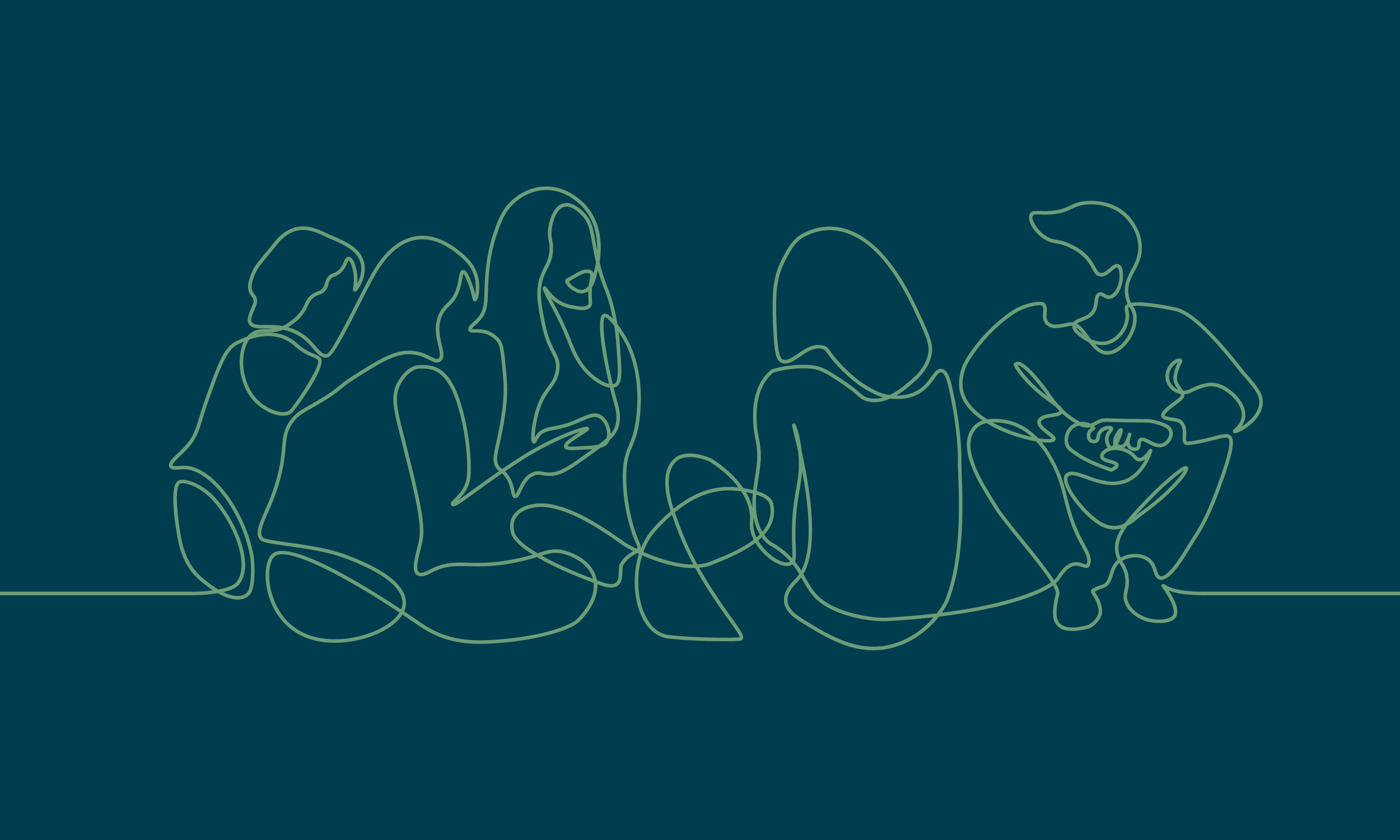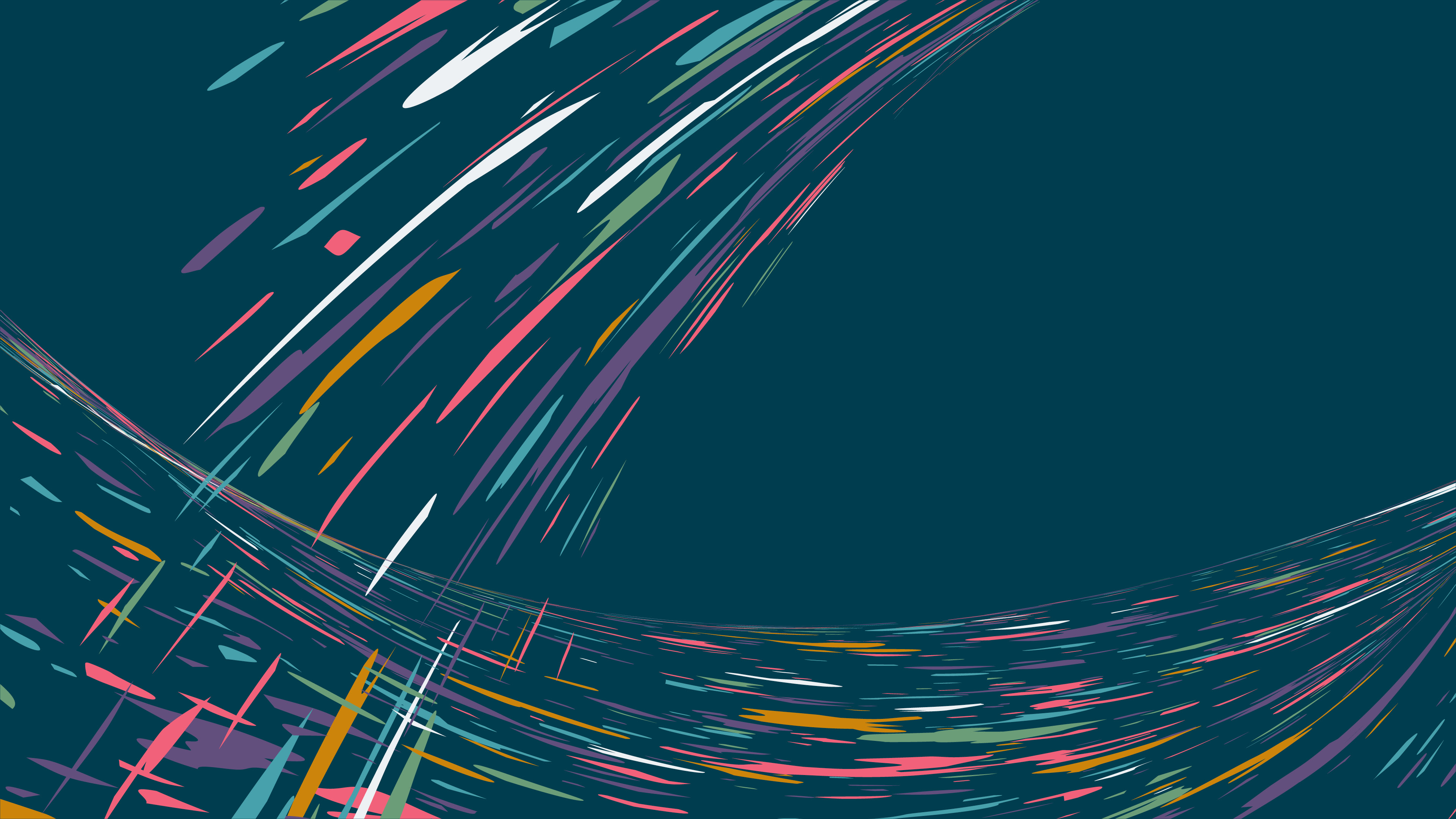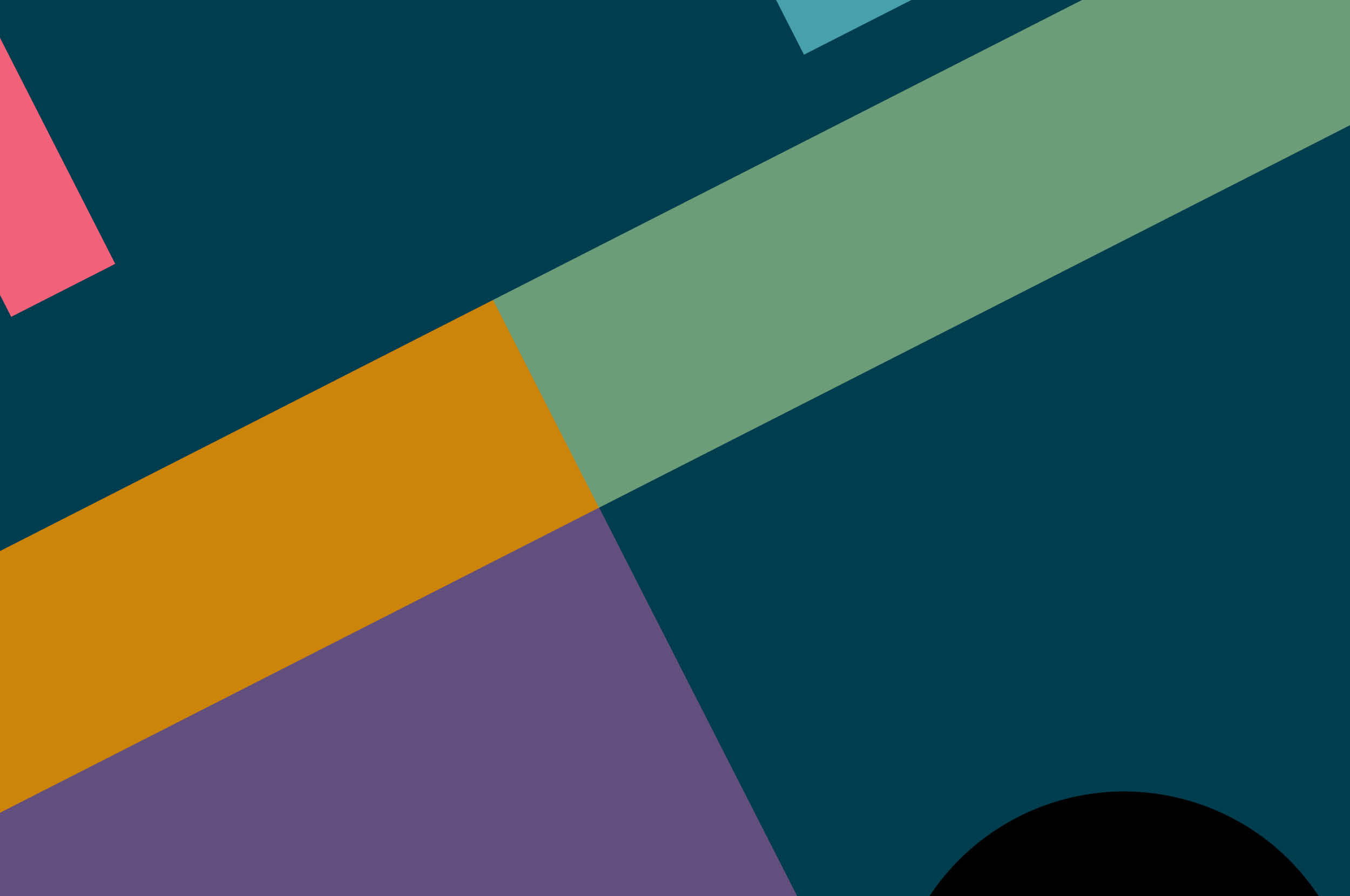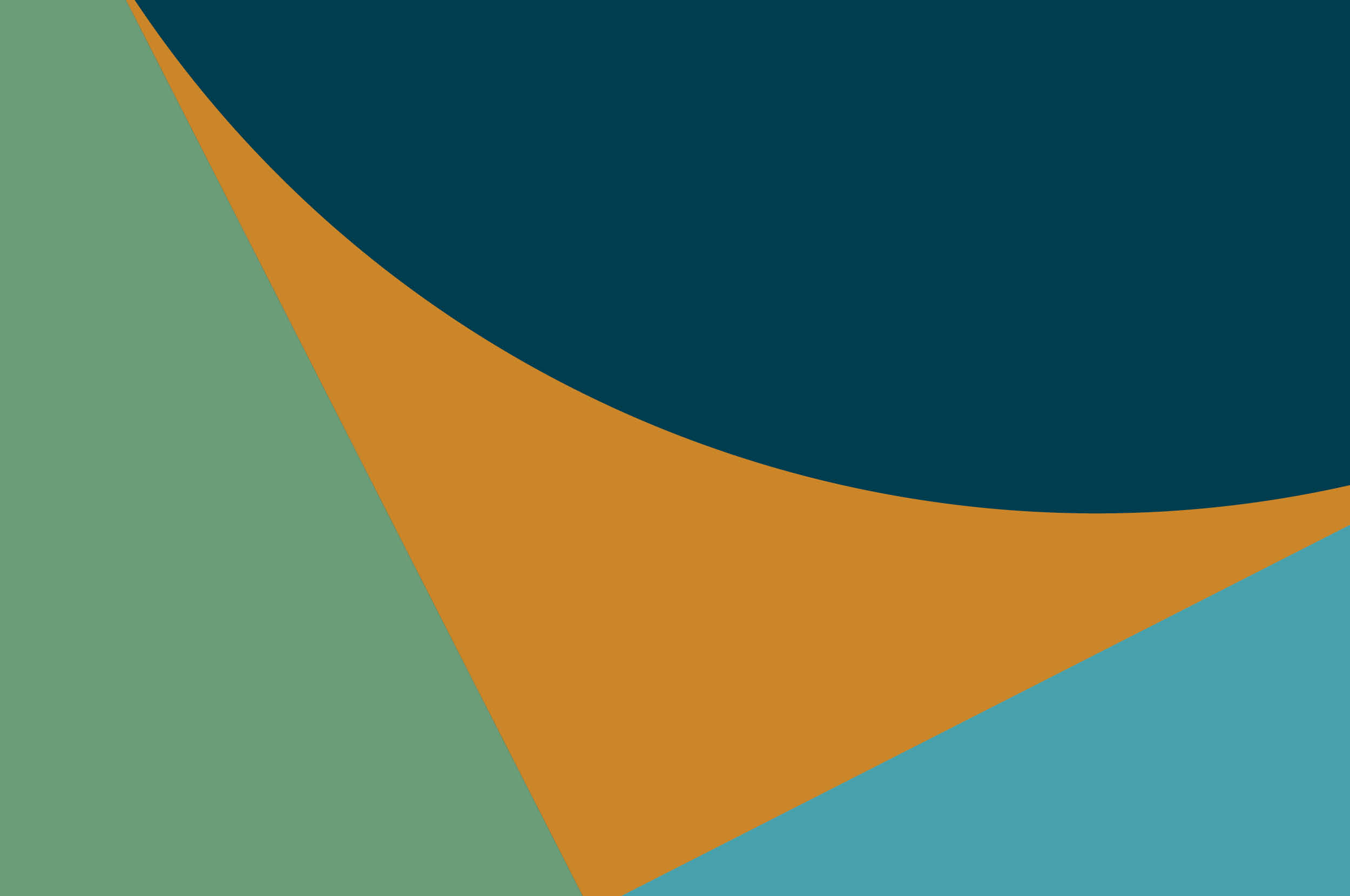Back in 2019, I published a blog titled : “Of not being Disabled” in which I called out ableist terms such as ‘physically challenged,' and ‘handicapped’, but unfortunately I wasn't able to accept the term ‘Disabled’.
Society’s perception of Disability
The perception of Disability is slowly changing. Until the last few decades, Disability was widely considered a misfortune and people spoke about disabled people and disability using a range of emotions, from pity to disgust.
'Ableism,' to put it simply, is the idea of 'fixing' disability, and involves inherently ‘othering’ people with disabilities as not part of the ‘normal’ group of humans.
Ableism means disabled people were/are considered “less human” or not normal, and so, the words used to describe people with disabilities came to be used as insults, mockery or to describe people and situations that defied the normal experiences.
Words such as blind, deaf, lame, mad, crazy, insane, lunatic, disabled, cripple are all neutral - not good, neither bad. But ableism gives them a negative connotation.
Ableism is the reason that Disabilities were seen as inherently ‘evil’ or negative. So the word ‘disabled’ was consciously avoided when talking about people. Disabled folks were often kept hidden, away from the spotlight, and away from society. Disability / Disabled folks were considered taboo.
More recently people wanted to be more sympathetic towards Disabled folks. Society began using all sorts of alternative terms to describe people with disabilities - handicapped people, differently-abled people, specially-abled people, physically challenged people, mentally challenged people, etc.
Using such phrases to frame the narrative consciously avoids the words ‘disability’ and turns people with disabilities into people who are super-human, not normal or people who have issues to overcome. This is still ableism in practice.
My changing perception
According to ableist principles, to live a ‘normal’ life, I, as an individual with disabilities, am expected to overcome my disabilities/issues or use my special/different abilities to live a ‘normal’ life. I knew I couldn’t overcome my Disability, and that I had no special abilities - I am as normal as anyone else.
I was expected to be an inspiration to others - because I was living a life not limited by my abilities or disability. But I rejected the notion because I was just living my own life, not doing anything special.
It was with this realisation, that I decided to let go of my ableist mindset and embrace the term ‘Disabled’, letting go of the other terms.
I decided to distance myself from identifying as a ‘person with Cerebral Palsy’ because not only is my medical condition private information, it doesn’t define who I am, it is only one part of me.
The journey of acceptance didn’t happen overnight but over many months - which involved a lot of introspection and unlearning and learning. I actively sought resources and people to learn from.
Recognising Disability Pride
A few years back, I came across the celebration of ‘Disability Pride Month’ and immediately became a proponent. Disability Pride Month is to commemorate the enactment of the Americans with Disabilities Act in July 1990.

Disability Pride, much like LGBTQIA+ Pride, is all about celebrating and reclaiming our visibility in public because people with disabilities have historically been pushed out of public spaces.
Disability Pride, much like LGBTQIA+ Pride, is all about celebrating and reclaiming our visibility in public because people with disabilities have historically been pushed out of public spaces.
How can you play a part in observing Disability Pride Month?
Realise that society is currently built around the needs of non-Disabled persons - and confront your privilege as a non-Disabled person.
Recognise your biases against Disability and work towards removing them.
Collaborate with others, discouraging the use of archaic terms and phrases that are ableist and that don’t talk about Disability in a neutral way.
For example, some common phrases we hear nowadays are :
“I had a crazy weekend.”
“The Covid lockdowns drive me mad.”
“They have OCD about X, Y or Z.”
“I’m working insane hours.”
“This weather is depressing.”
By using phrases such as ‘crazy’, ‘mad’ , ‘depressing’, ‘insane’ and ‘OCD’, we are minimising the experiences of people with any of those Disabilities.
It's ok to say disabled / people with disabilities, but it's always best to check how individuals identify first :
Disabled person = Identity first.
Person with Disability = People first.
Our perspective around disabilities needs to change - because we have to make society inclusive of and accessible to people with disabilities.


We need to take steps in this direction - and this change can start with our language.
By changing your language you can spread the message to people with disabilities - #YouBeYou; and take on the responsibility of Disability Inclusion so it doesn’t only lie only with Disabled people, but on everyone’s shoulders.
Disclaimer: The statements and opinions expressed in this article are those of the author(s) and do not necessarily reflect the positions of Thoughtworks.


















